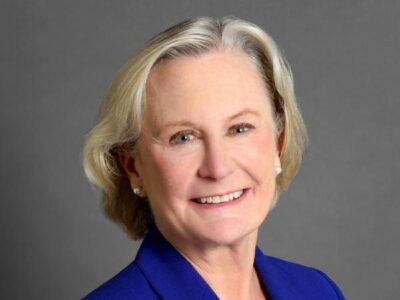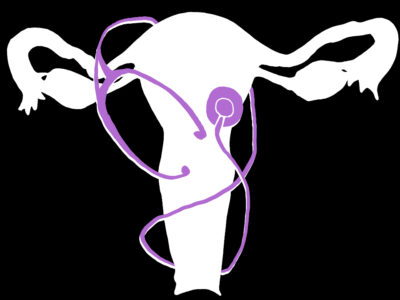Last week’s Supreme Court decision to overrule Roe v. Wade returned the power to regulate reproductive health to individual states.
Roe v. Wade is about more than just abortion.
In the wake of the Supreme Court decision on Dobbs v. Jackson Women’s Health Organization, The Cancer Letter has compiled comments from U.S. cancer centers, advocacy groups, professional societies, and medical journals.
Selwyn M. Vickers was named president and chief executive officer of Memorial Sloan Kettering Cancer Center.
Alicia M. Terando was named the San Gabriel Valley regional medical director for surgical oncology at Cedars-Sinai Cancer at the Huntington Cancer Center.
Colleen Lewis was named vice president of nursing and research at Florida Cancer Specialists and Research Institute, LLC.
Justin F. Klamerus was named executive vice president and chief medical officer at McLaren Health Care.
Jeffrey M. Rosen will receive the William L. McGuire Memorial Lecture Award at the 2022 San Antonio Breast Cancer Symposium, to be held Dec. 6-10, 2022.
The American Society for Radiation Oncology selected 27 members to receive the ASTRO Fellow designation. The 2022 class will be recognized at an awards ceremony in San Antonio Oct. 25, during ASTRO’s 64th annual meeting.
The Association of Community Cancer Centers released the following statement in response to a new payment model proposed by the Centers for Medicare and Medicaid Services.








